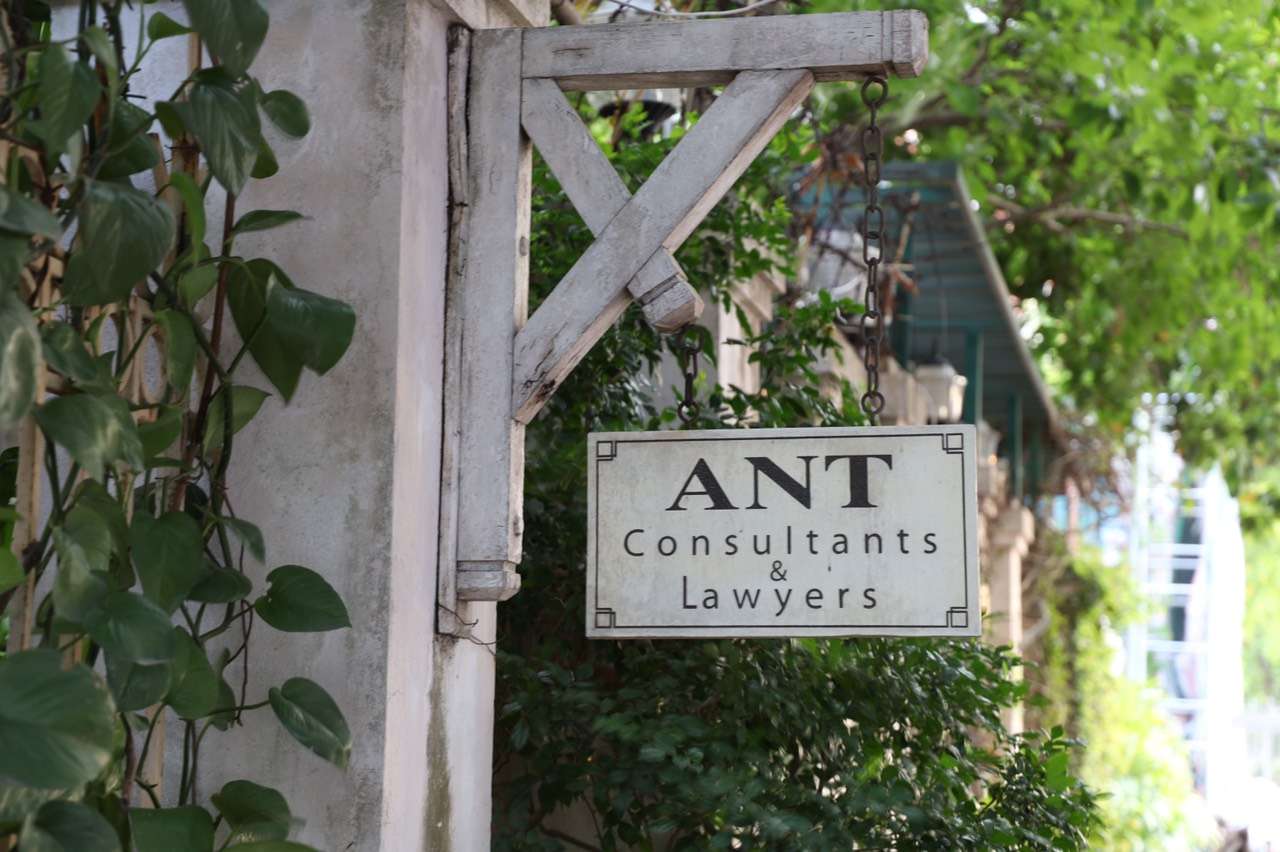Tips for Foreigners to Follow When Setting up Company in Vietnam
For an outsider to a nation like Vietnam which open doors profit for business, it is endeavoring to make a business to work and grab the opportunity. After settling in, the entrepreneur might wonder, "How difficult it is to set up company in Vietnam or how challenging the business environment is for operating and doing business in Vietnam when dealing with administrative procedures from registering investment, setting up the company, complying with periodic reporting and tax declarations?" If you are reading this and feel like this, you are not alone. After the first eagerness feeling of potential business to generate, the entrepreneur might wonder "How difficult it is to set up company in Vietnam."
.jpg)
As a spot with an ideal topographical position and copious work assets, and developing shopper market, Vietnam is progressively growing unequivocally, turning into a nation drawing in worldwide speculation among Southeast Asia nations. Foreign investors must conduct research on Vietnam's policies, investment incentives, legal requirements, and the process and procedures for establishing a business in order to carry out effective investment activities. If international investors are considering investing in Vietnam, this will provide some quick advice on the fundamental factors they should take into account.
A person with far off ethnicity or an association laid out under unfamiliar regulation could enlist speculation and direct business exercises in Vietnam. Unfamiliar financial backers are allowed to take part in any legitimate business, nonetheless, there are a few explicit enterprises that financial backers should meet the expected circumstances to have the option to enroll speculation. There are a few areas in Vietnam where foreign investors cannot do business due to national security concerns or the state's monopoly.
An investor who wants to start a business in Vietnam must get a certificate of investment registration from an authorization agency, according to Vietnam law. The Investment Registration Certificate (IRC) will typically be issued within 15 days of receiving a valid dossier for an investment project. However, it is essential to allocate sufficient time for the preparation of the necessary documents, such as the application, financial report, bank balance, and personal documents. Before being submitted, many of these documents require apostille, also known as notarization, legalization, and translation into Vietnamese.
Vietnam regulation doesn't need a base money to set up a business, with the exception of restrictive venture or business lines. In any case, financial backers are obliged to contribute capital as per the timetable expressed in the IRC and that the public authority has the privilege to demand the financial backer to make sense of the marketable strategy agreeable to them in view of the proposed speculation capital. On the off chance that the financial backer can't contribute sufficient capital as per the serious time limit, the equipped authority might apply sanctions, including denial of the IRC or the financial backer needs to change the IRC to mirror the real commitment of venture. After receiving the IRC, the investor must then submit a request for an Enterprise Registration Certificate (IRC), which must be obtained within five days of the date of submission of a valid dossier in order for the business establishment to complete its establishment.
Now that the company has established itself in Vietnam, it can officially sign a lease agreement, hire staff, and engage in business transactions to purchase or sell goods or services. The documents must be signed and sealed to be legally binding. The next issue is how to obtain a seal. When an organization was managed by the Public Security authority, it was more difficult to have a seal created for it after it was established. Legislators and business experts have been discussing the possibility of completely removing the seal from legal documents in Vietnam because the signature of the legal representative is the most crucial element. Throughout the time, the once severe regulation overseeing the seal issuance has been relax. However, in Vietnam, the seal is still very important because it shows the official notice, such as the decision by the business's legal representative to end a labor contract, along with the signature of the representative. or an unmistakable endorsement of a company's participation in a transaction to hire a factory construction company. The investor has the right to use multiple seals, subject to the terms of the company charter. The venture should send a notification to the business enlistment office where its administrative center is situated for distribution on the Public Business Enrollment Entryway prior to utilizing, modifying, obliterating, or changing the quantity of seals. The seal can be utilized beginning the day the warning system has been done and the seal test has been transferred on the Public Business Enlistment Entrance for confirmation reason.
In most jurisdictions, with the exception of tax haven nations, the investor is required to pay close attention to their tax obligations during the business's initial operation. However, Vietnam is not included on the exemption list. Every business is required to provide a tax declaration. Consistently, the business should pay various duties and expenses, for example, permit charges (in light of enlisted sanction capital); Corporate Personal Duty (CIT) when the organization creates gain; declare and pay Value Added Tax (VAT) on behalf of an individual on goods or services sold. declare and pay Personal Income Tax (PIT), or, in some instances, export and import tax, and land tax.
The investment project reporting regime must also be fully adhered to by foreign investors in accordance with the law. These reports will be issued on a regular basis (monthly, quarterly, or annually) regarding topics such as: compliance with tax payment obligations and periodic reporting to ensure timely implementation as prescribed will help the company avoid unnecessary risks such as administrative sanctions, business suspension, and penalties that could impact the business. implemented investment capital, business investment results, information on labor, employed foreign workers, and reports on environmental protection.
ANT Lawyers, the leading law firm in Vietnam, provides nationwide comprehensive legal services. The firm is made up of lawyers and attorneys who specialize in a variety of areas, such as investment law, labor law, corporate law, and other areas, and it provides clients with legal advice and representation. In addition to providing services that are professional and ethical, the company is committed to providing each client with the best possible solutions. ANT Lawyers Law Firm is a trusted partner for individuals and businesses in Vietnam.





.jpg)
.jpg)
.jpg)
.jpg)
.jpg)
.jpg)
.jpg)










.jpg)
.jpg)
.jpg)

.jpg)